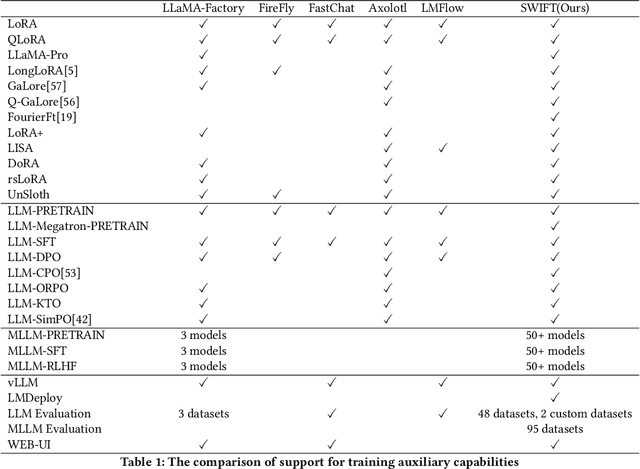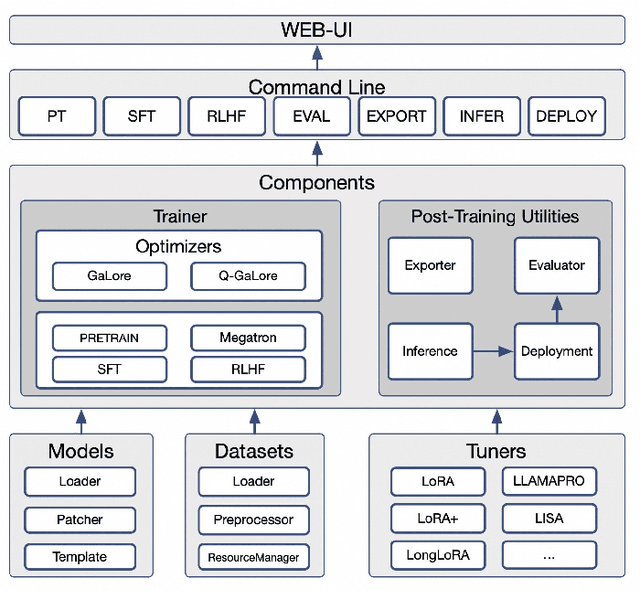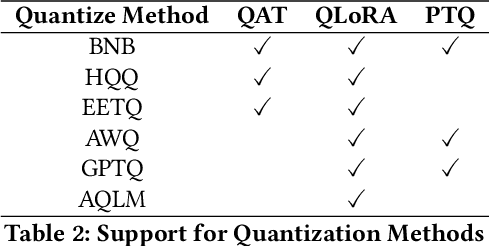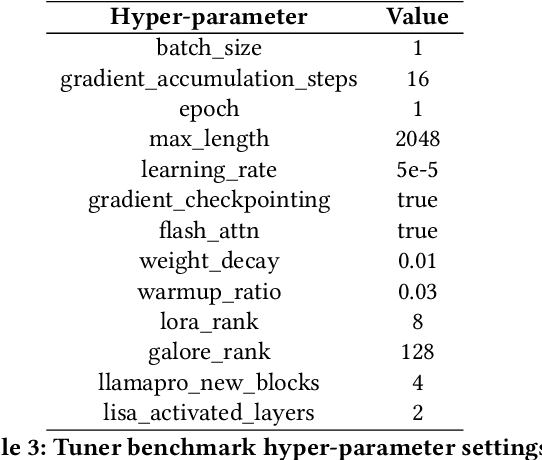Jinghan Hu
BountyBench: Dollar Impact of AI Agent Attackers and Defenders on Real-World Cybersecurity Systems
May 21, 2025Abstract:AI agents have the potential to significantly alter the cybersecurity landscape. To help us understand this change, we introduce the first framework to capture offensive and defensive cyber-capabilities in evolving real-world systems. Instantiating this framework with BountyBench, we set up 25 systems with complex, real-world codebases. To capture the vulnerability lifecycle, we define three task types: Detect (detecting a new vulnerability), Exploit (exploiting a specific vulnerability), and Patch (patching a specific vulnerability). For Detect, we construct a new success indicator, which is general across vulnerability types and provides localized evaluation. We manually set up the environment for each system, including installing packages, setting up server(s), and hydrating database(s). We add 40 bug bounties, which are vulnerabilities with monetary awards from \$10 to \$30,485, and cover 9 of the OWASP Top 10 Risks. To modulate task difficulty, we devise a new strategy based on information to guide detection, interpolating from identifying a zero day to exploiting a specific vulnerability. We evaluate 5 agents: Claude Code, OpenAI Codex CLI, and custom agents with GPT-4.1, Gemini 2.5 Pro Preview, and Claude 3.7 Sonnet Thinking. Given up to three attempts, the top-performing agents are Claude Code (5% on Detect, mapping to \$1,350), Custom Agent with Claude 3.7 Sonnet Thinking (5% on Detect, mapping to \$1,025; 67.5% on Exploit), and OpenAI Codex CLI (5% on Detect, mapping to \$2,400; 90% on Patch, mapping to \$14,422). OpenAI Codex CLI and Claude Code are more capable at defense, achieving higher Patch scores of 90% and 87.5%, compared to Exploit scores of 32.5% and 57.5% respectively; in contrast, the custom agents are relatively balanced between offense and defense, achieving Exploit scores of 40-67.5% and Patch scores of 45-60%.
SWIFT:A Scalable lightWeight Infrastructure for Fine-Tuning
Aug 13, 2024



Abstract:Recent development in Large Language Models (LLMs) and Multi-modal Large Language Models (MLLMs) have leverage Attention-based Transformer architectures and achieved superior performance and generalization capabilities. They have since covered extensive areas of traditional learning tasks. For instance, text-based tasks such as text-classification and sequence-labeling, as well as multi-modal tasks like Visual Question Answering (VQA) and Optical Character Recognition (OCR), which were previously addressed using different models, can now be tackled based on one foundation model. Consequently, the training and lightweight fine-tuning of LLMs and MLLMs, especially those based on Transformer architecture, has become particularly important. In recognition of these overwhelming needs, we develop SWIFT, a customizable one-stop infrastructure for large models. With support of over $300+$ LLMs and $50+$ MLLMs, SWIFT stands as the open-source framework that provide the \textit{most comprehensive support} for fine-tuning large models. In particular, it is the first training framework that provides systematic support for MLLMs. In addition to the core functionalities of fine-tuning, SWIFT also integrates post-training processes such as inference, evaluation, and model quantization, to facilitate fast adoptions of large models in various application scenarios. With a systematic integration of various training techniques, SWIFT offers helpful utilities such as benchmark comparisons among different training techniques for large models. For fine-tuning models specialized in agent framework, we show that notable improvements on the ToolBench leader-board can be achieved by training with customized dataset on SWIFT, with an increase of 5.2%-21.8% in the Act.EM metric over various baseline models, a reduction in hallucination by 1.6%-14.1%, and an average performance improvement of 8%-17%.
Bounding-Box Inference for Error-Aware Model-Based Reinforcement Learning
Jun 23, 2024



Abstract:In model-based reinforcement learning, simulated experiences from the learned model are often treated as equivalent to experience from the real environment. However, when the model is inaccurate, it can catastrophically interfere with policy learning. Alternatively, the agent might learn about the model's accuracy and selectively use it only when it can provide reliable predictions. We empirically explore model uncertainty measures for selective planning and show that best results require distribution insensitive inference to estimate the uncertainty over model-based updates. To that end, we propose and evaluate bounding-box inference, which operates on bounding-boxes around sets of possible states and other quantities. We find that bounding-box inference can reliably support effective selective planning.
 Add to Chrome
Add to Chrome Add to Firefox
Add to Firefox Add to Edge
Add to Edge